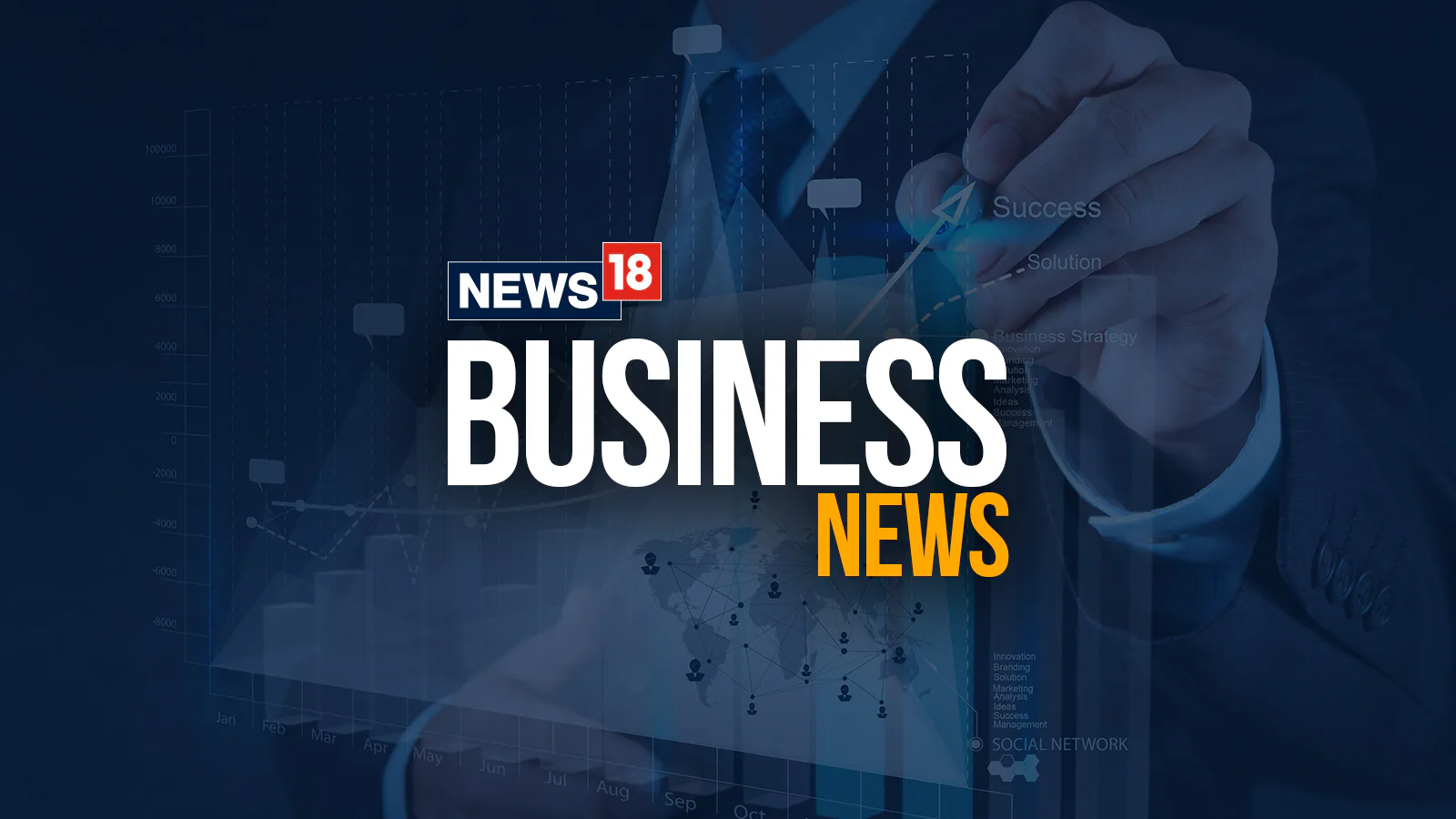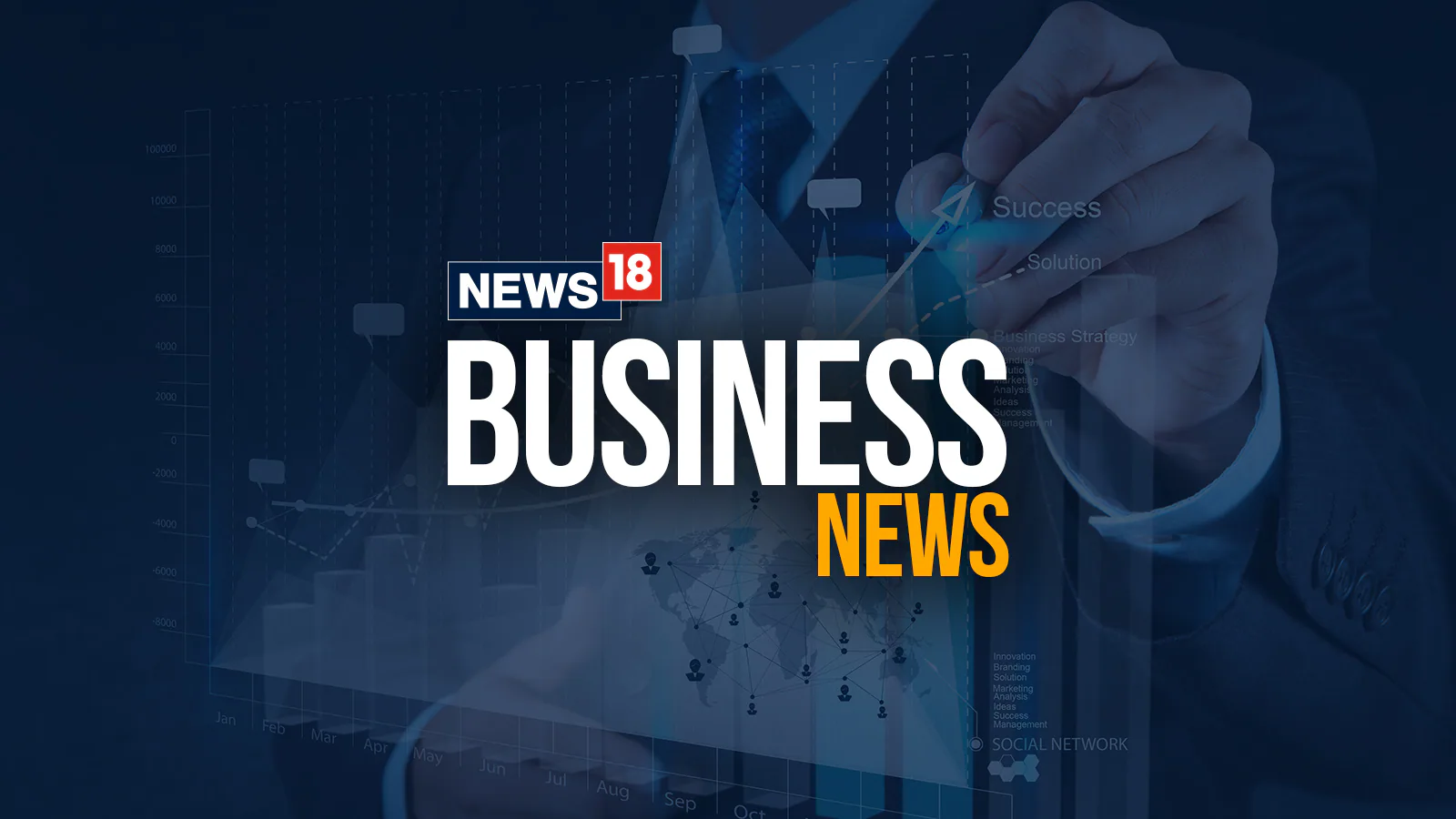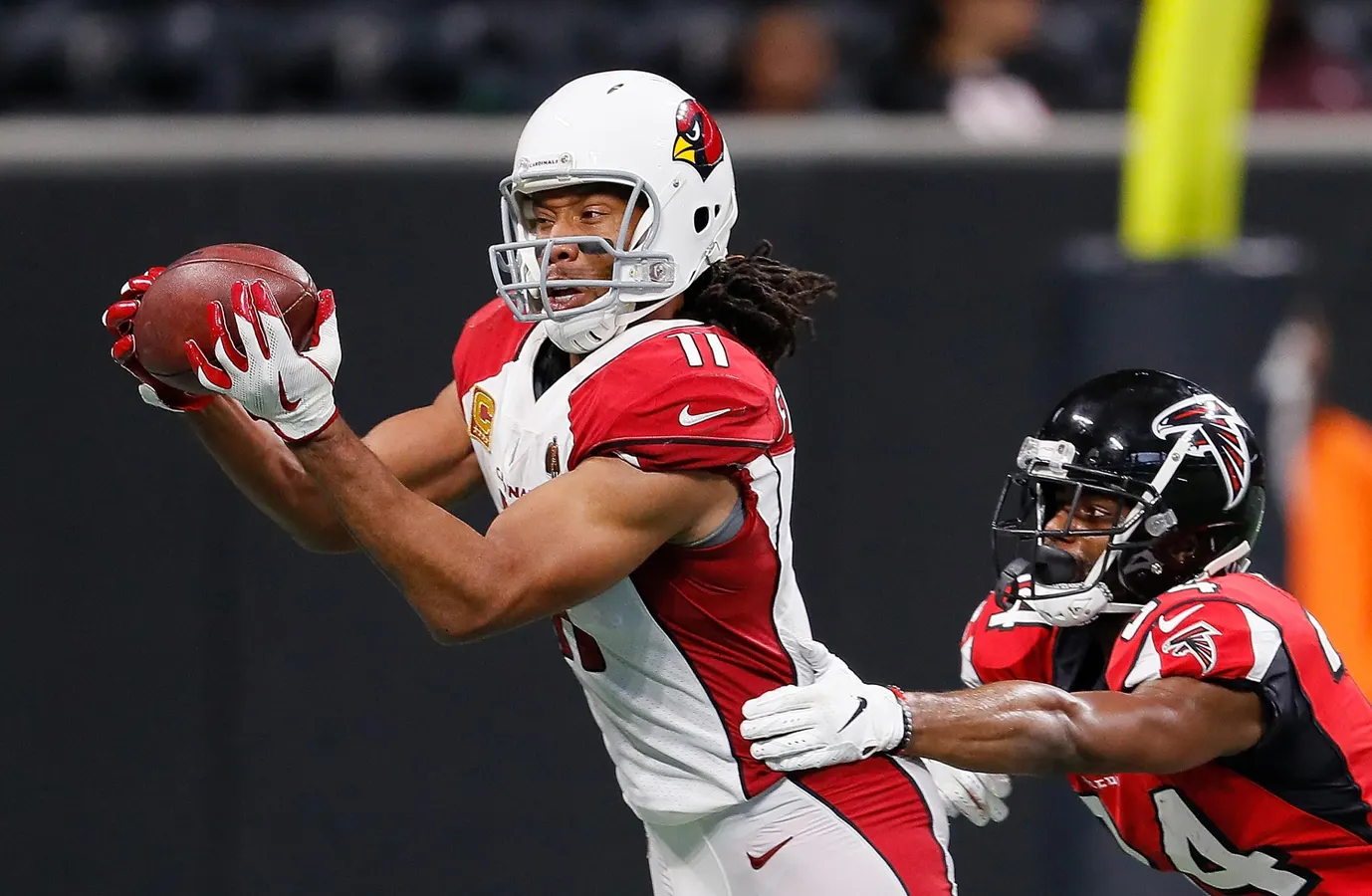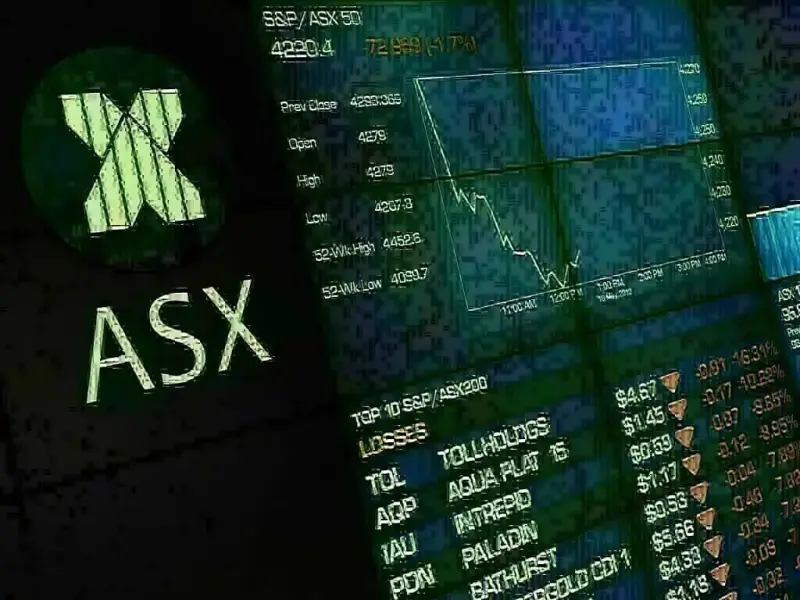By Rishabh Madhavendra Pratap
Copyright timesnownews
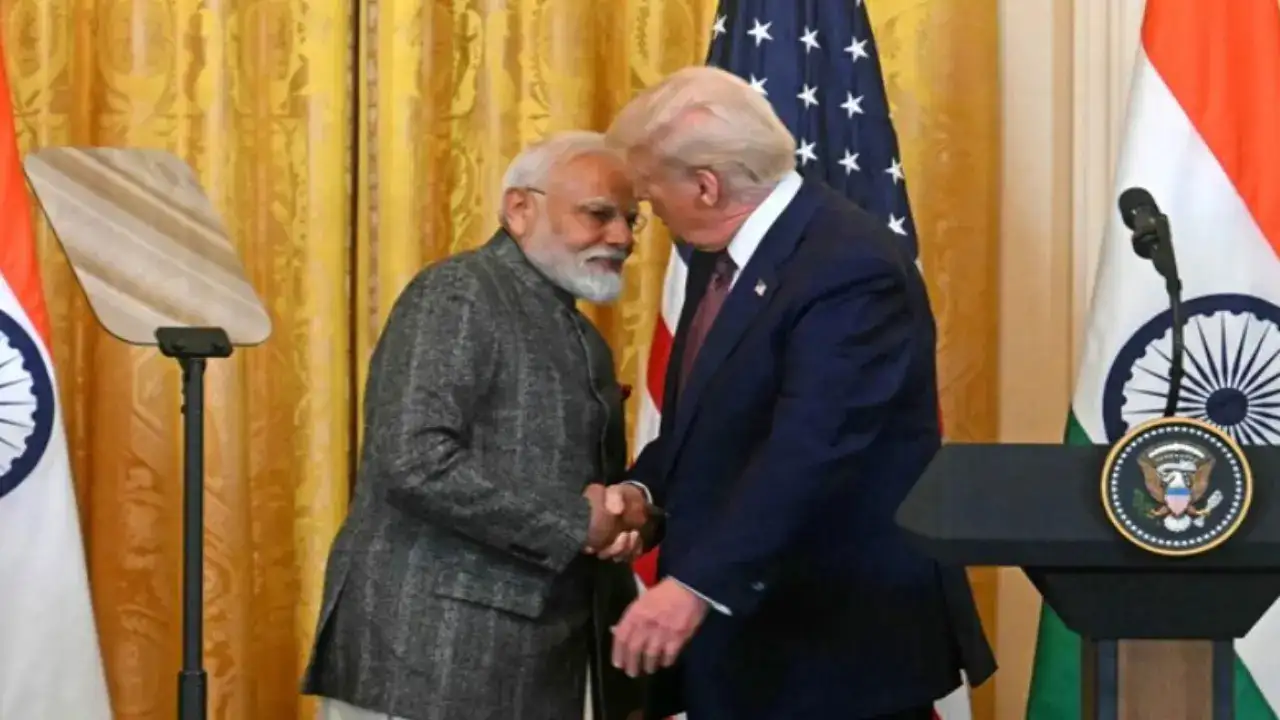
After weeks of uncertainty, India and the United States appear poised to resume trade negotiations. A high-level U.S. trade delegation is set to visit New Delhi early next week, signalling a renewed push to break the deadlock on tariffs and market access. The trip comes after Washington called off its planned visit at the end of August amid a brewing dispute over Indian duties on U.S. agricultural goods and U.S. penalties on India’s Russian oil imports. Tensions have been simmering for months. The Trump administration imposed steep reciprocal tariffs — some reaching 50 per cent on Indian exports, prompting sharp protests from New Delhi. At the same time, U.S. officials have pressed India to ease its own barriers on farm products, dairy and technology imports. Despite these frictions, both governments have repeatedly emphasised the importance of keeping the broader strategic partnership intact as they deepen cooperation in the Indo-Pacific and under the Quad framework. On Thursday, Sergio Gor, President Trump’s nominee to be U.S. Ambassador to India, struck a markedly conciliatory tone at his Senate confirmation hearing. He told lawmakers that Washington and New Delhi were “not that far apart” on resolving their differences and that a deal could be wrapped up within weeks. Gor said President Trump had invited India’s commerce and trade ministers to Washington to meet U.S. Trade Representative Jamieson Greer and “get into the nitty-gritty” of an agreement. He also signalled that reducing tariffs on U.S. agricultural exports would be a priority and praised the personal rapport between Trump and Prime Minister Narendra Modi as an asset in bridging gaps. Trump himself has recently sounded optimistic about a breakthrough. In public remarks and on social media, he said the two governments were continuing negotiations to address trade barriers and expressed confidence that a mutually beneficial agreement could be reached “for both of our great countries.” While reiterating his criticism of India’s high tariffs, he underscored his readiness to speak directly with Modi in the “upcoming weeks” to clinch a deal. Modi, for his part, has responded with equal warmth. Calling the United States a “close friend and natural partner,” he said Indian and American teams were working to conclude trade discussions “at the earliest” and that he looked forward to speaking with President Trump soon. The Prime Minister’s comments reinforced New Delhi’s intent to stabilise commercial ties even as it guards strategic autonomy on issues such as energy imports. With a U.S. trade team headed to India next week and ministerial-level meetings planned in Washington soon after, the next few weeks will be critical. Both sides must still iron out disagreements over tariffs, agriculture and energy policy. Yet the recent statements from Gor, Trump and Modi suggest a window of opportunity for a reset in US-India trade relations — one that could anchor the economic dimension of their wider strategic partnership.
